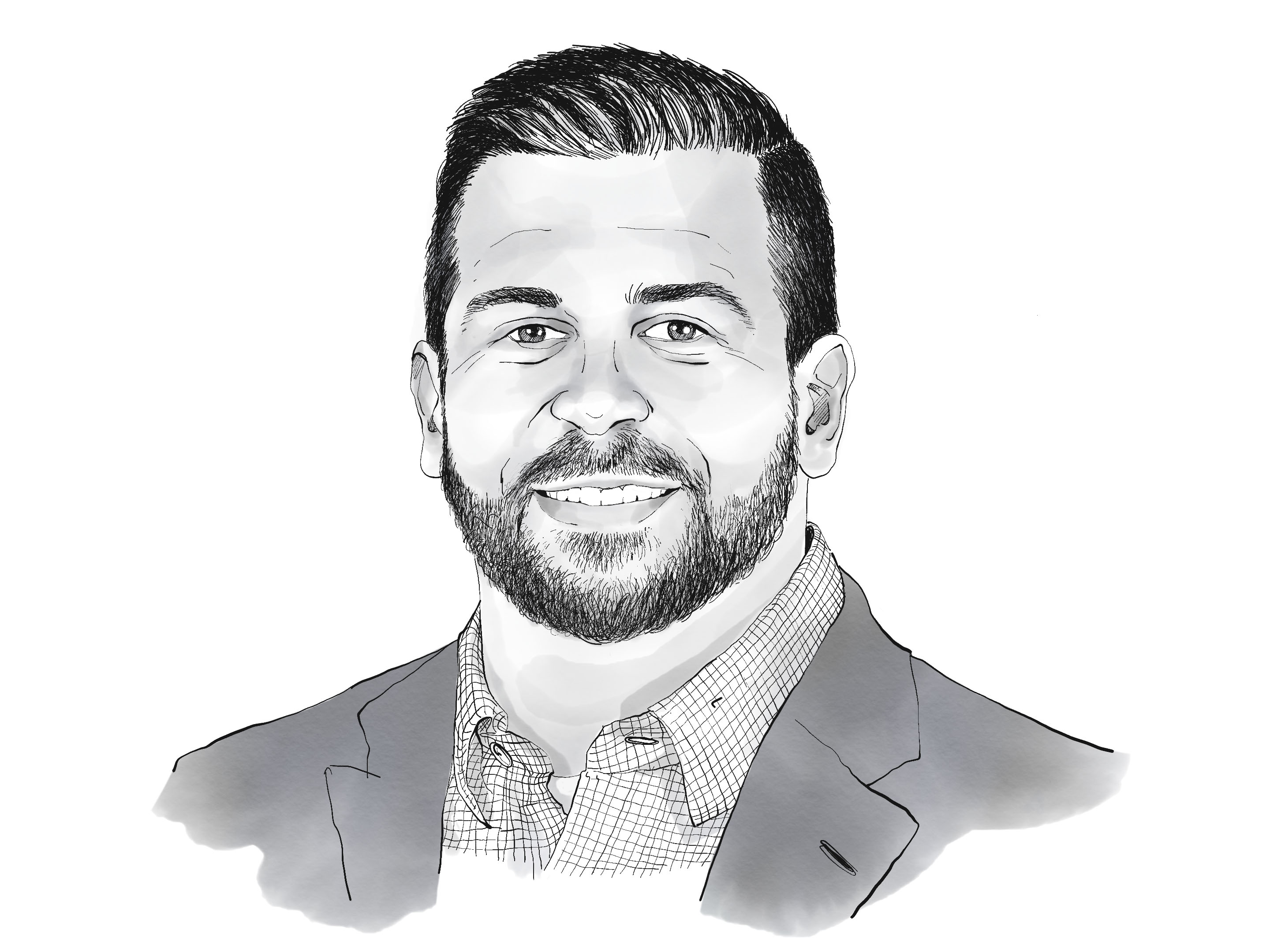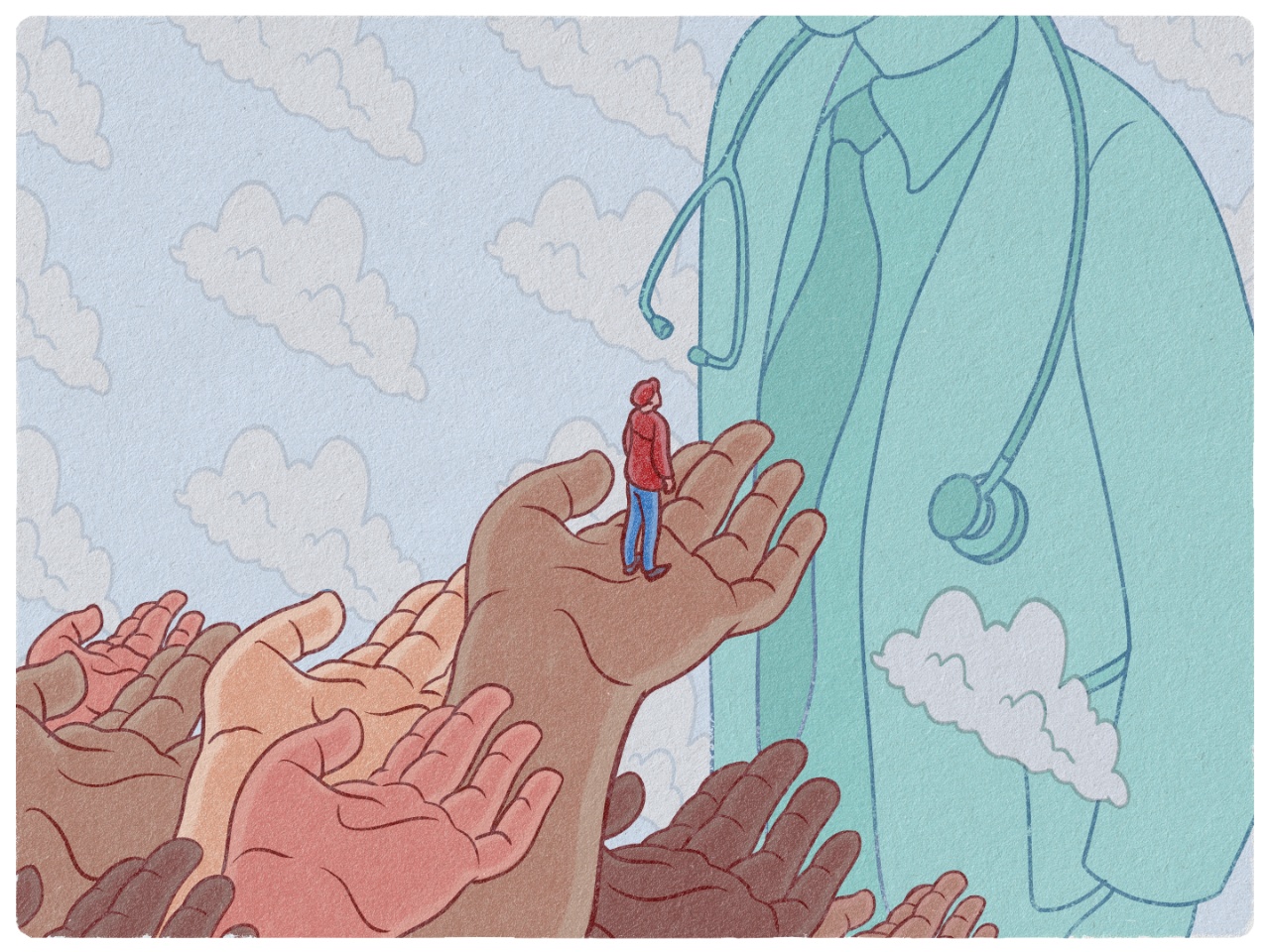Would You Trust Your Pharmacist to Give You a COVID-19 Vaccine?
Also featured: Cybercrime hits hospitals and big tech continues healthcare move

Editor’s note: Welcome to The PostScript Rewind, a biweekly recap of the latest in healthcare news. Featuring what you need to know — none of what you don’t.
During this pandemic, your pharmacist and local pharmacy may be in the perfect spot to become your go-to experts.
Pharmacists are among the most trusted professionals in the country, and the CVS CEO thinks that trust could play an important role in calming the fears of Americans skeptical about a COVID-19 vaccine.
A recent poll showed only about half of Americans would opt for a vaccine if it was available today. But CEO Larry Merlo recently said he believes pharmacists can help educate patients about the safety and efficacy of the vaccine.
Merlo, a pharmacist himself, said he knows what it’s like to work in a community pharmacy as a trusted resource. Getting to know patients and their families on a personal level, he said, opens the door for conversations.
The vision behind this expanded role has come into more light in the wake of COVID-19. For instance, recent developments include:
• CVS wants pharmacy techs to get the green light to give COVID vaccines. The company is hiring more than 10,000 pharmacy technicians for flu season, and is pushing for them to be able to vaccinate patients for COVID, too.
• CVS Health and Walgreens will provide and administer COVID-19 vaccines to nursing homes, with no out-of-pocket costs. That’s according to a deal the retailers reached with the Trump administration.
• These moves raise the question: Is it a good thing that retailers like CVS, Walgreens and Walmart are offering more healthcare services? That issue was brought up at a recent Becker’s Health IT event, with many saying the moves are largely important for healthcare in general, but might have more detrimental impacts on individual organizations.
Big tech’s move into healthcare
• Fitbit’s subscription service — with half a million users — could get a boost by moving into telemedicine and digital health tools. Google bought Fitbit a year ago.
• Over at Amazon, its employee-only virtual health service, Amazon Care, may be growing. Recent moves to hire a business development team could signal an expansion to a broader population.
COVID forces closer look at healthcare system
COVID-19 is doing more than making people sick:
• The pandemic is reshaping the U.S. healthcare system and unveiling some gaping problems along the way. On the plus side, though, it’s brought about more use of telemedicine as a treatment option.
• Healthcare costs are a top concern of consumers, thanks to the economic impact of the pandemic. Other consequences include putting off care and the loss of health insurance for millions.
• According to a survey of 5,000 workers, nearly half have deferred medical care during the pandemic. And close to one-third reported negative impacts on mental health.
• Oncology clinical trials have been disrupted, as studies were paused or delayed for patient safety. But the challenges also are helping find methods to safely conduct clinical trials and ensure data quality.
• Despite the uncertainty, policymakers, drug manufacturers and distributors have worked together to tackle shortage risks and look toward the future.
Cybercrime could cripple hospitals
The FBI is warning about an “increased and imminent” cybercrime threat to U.S. hospitals and healthcare providers. The data-scrambling extortion attempts could lock up hospital information systems, while COVID cases are rising.
The cyberattacks, involving “ransomware,” have recently hobbled at least five U.S. hospital systems … and could affect hundreds more.
Bitter pill for Florida plan?
Florida’s aim to import cheaper drugs from Canada has hit a stumbling block. No private firms bid on the contract to set up a program. Florida wants to become the first U.S. state to import drugs.
Rx tip of the week
Ready for cold and flu season? Think about stocking your medicine cabinet with over-the-counter meds that can help — like nasal decongestants, cough suppressants and pain relievers. Be sure you know their dosages, possible side effects and expiration dates, too.
– Eric Wu, ScriptHero clinical pharmacist
This article is intended for informational purposes only and not intended to be medical advice, nor does it replace professional medical advice, diagnosis or treatment. If you have any healthcare questions, please seek the advice of your physician or other qualified healthcare provider. If you are experiencing a medical emergency, call your physician or dial 911 immediately.
This article was last updated November 10, 2020





